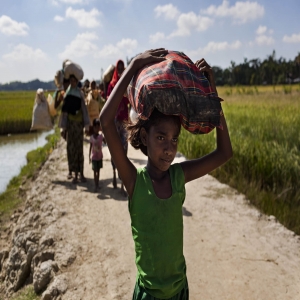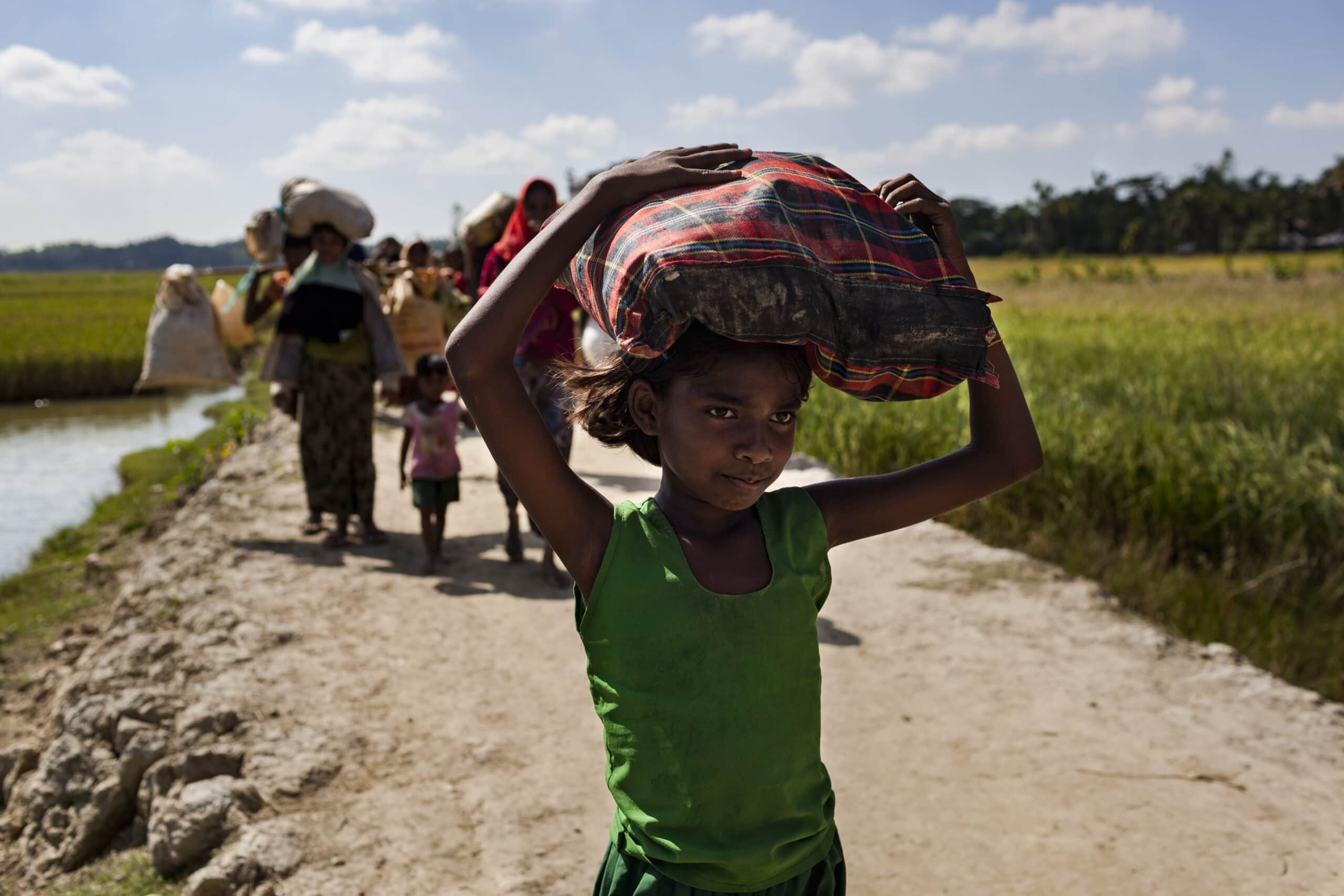
.jpg) F. M. Britto
F. M. Britto

"He failed in all the exams," the playmates pointed at Pransu.
"How can he pass? He doesn't go to school. He also smokes and drinks," accused a bigger boy about that fifth-grade boy.
Pransu lives a carefree life in our village. His parents have gone away to Hyderabad to labour as migrant workers. They have left their eight-year-old daughter and Pransu in the care of their elderly grandmother. The parents have taken along with them their 14-year-old daughter too to cook their food and care for their two-year-old infant.
"I cook their food and feed them," responded the old woman, when I enquired why she doesn't see that her grandchildren don't go to school regularly and study at home. "They eat and roam around. They don't listen to me. What can I do?" the feeble woman continued, as she prepared their frugal supper.
After the plantation, many landless villagers in Chhattisgarh leave for various Indian cities to labour in building constructions, lay bricks, and work in factories, farms, etc.
Hundreds of poor villagers from the BIMARU states of Bihar, Madhya Pradesh, Rajasthan, Uttar Pradesh, Jharkhand, Orissa, and Chhattisgarh migrate every year to labour in faraway towns.
"What will we eat if we don't go away from here?" responded Sumati. "After the transplantation, hardly there is any work available in the village. Even the harvesting is mostly done by the harvesters. To bring up our family, we have to go out to labour."
Since the infants will not remain home without their parents, they must take them along. To care for them, they take along their eldest daughters. Thus, these teenage girls, too, can't continue their schooling.
The parents miss their children, and the children also grow up without experiencing parental affection. "When we daunt them through the mobile, they get hurt," says Sarju. Many teenage children are also left at home to care for themselves. In this mobile age, they live a carefree life without bothering their studies and getting enticed by the wrong companions.
"Since we had been going away every year, leaving our children with our father, our children's education got spoiled," narrates Durga. Since academically, they were not bright since their primary classes, pursuing higher studies became almost impossible for them. "Finally, they too end up like us going to labour outside the state," moans his wife.
Many big children who accompany their parents to their workplaces also join the labour. But until they migrate, they roam around in the village or go to plantations. They become child labourers. These children can't get admitted to the schools over there since the medium of the language is different, and they migrate there only after the monsoon. Though they also contribute to their family income, many parents worry about their bleak future. With no education, these migrant children are also forced to continue their parents' labour.
Who bothers about these migrant children?